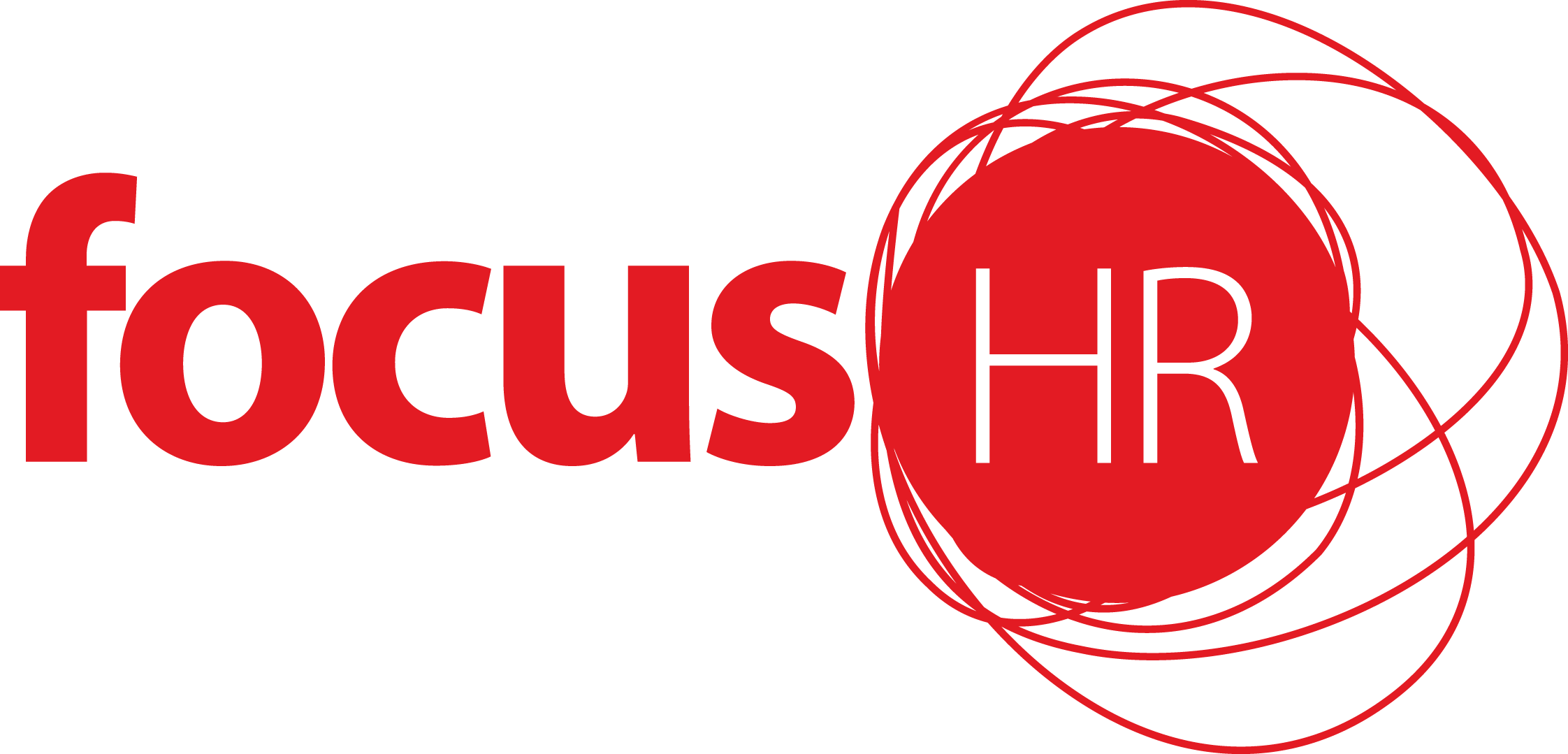One recent case (Fair Work Ombudsman v Chatime Australia Pty Ltd (No 2) [2023]) serves as a reminder that those who make executive decisions that result in contraventions of minimum conditions may be held personally liable for such decisions.
What happened in this case?
Chatime, a bubble tea chain, sought legal advice to check their Award coverage. The Chief Financial Officer of the business was informed that a modern Award (the Fast Food Industry Award 2010) covered the business, and following receipt of this advice, the CFO met with executives in the business, including a Director.
During this meeting, the CFO provided two costing models for wages to the executives, one being to pay the minimum Award base rates plus casual loading and weekend penalty rates, and one being to pay just the Award base rates (not including casual loading and weekend penalty rates).
The Director, believing both to be compliant options, directed the CFO to pay employees in line with the second option.
This resulted in 152 employees – including 41 junior workers aged below 21 and 95 visa holders – being underpaid a total of $162,533.
Given the Director had been present at the meeting, the court ultimately found he was aware that:
- a modern Award covered the business;
- that the business engaged casuals;
- that employees would work on hours which attracted penalty rates (such as weekends); and
- that employees under the chosen costing model would be paid a flat rate regardless of what time they worked.
In light of such knowledge, the court found that the Director was knowingly involved in a contravention, and therefore capable of being personally liable “even though [he] believed he did not commit [Chatime] to engage in any unlawful activity, and even though he believed that it was appropriate that [Chatime] implement Costing Model B.”
Judge Manousaridis found that the underpayments were the result of “ignorance and inattention” and that there was a need to send a message that employers who fail to ensure employees are paid their minimum entitlements will face “substantial penalties”.
In imposing the penalty against Mr Zhao, Judge Manousaridis found there was a need to deter other company managers from similar conduct and a penalty of $132,840 was applied on top of the back payments of over $162,000 ordered to be paid.
If this makes you squirm a little and you’d like your wage practices checked over, email service@focushr.com.au and we can assist.

